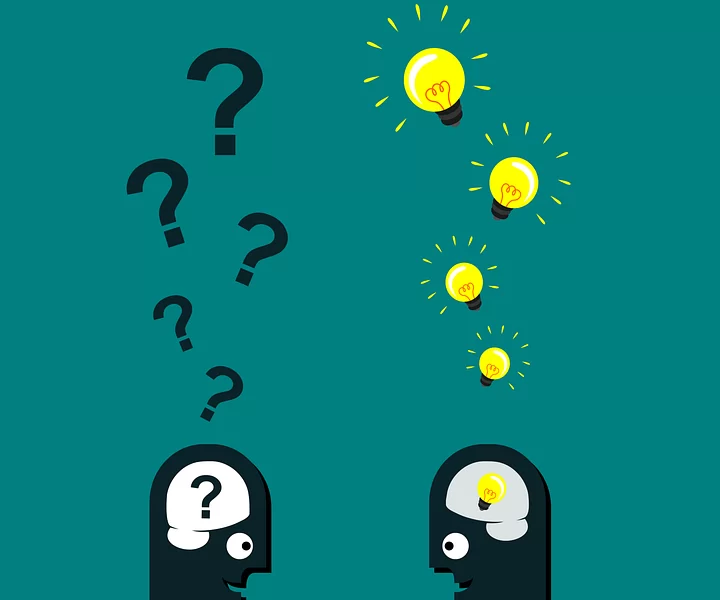Mental health has become a crucial issue worldwide, affecting millions of people regardless of their age, gender, or nationality. With advances in technology, breaking barriers to mental health care has become more attainable than ever before. This article explores how technology is revolutionizing mental healthcare services on a global scale, ensuring accessibility and improved outcomes for those in need.
The Impact of Technology on Mental Health Care
Technology has played a monumental role in reshaping the landscape of mental health care, transforming the way individuals seek and receive help. With the proliferation of smartphones and internet connectivity, digital platforms have allowed people to access support and resources at their fingertips.
Teletherapy: Bridging the Gap
Teletherapy, also known as online therapy or e-therapy, has emerged as a groundbreaking solution to bridge the gap between patients and mental health professionals. By utilizing video conferencing, individuals can now consult therapists remotely, removing geographic barriers and ensuring access to care, particularly in underserved areas.
Mobile Applications: Delivering Support on Demand
Mobile applications have revolutionized mental health support, providing individuals with tools and resources to manage their well-being anytime, anywhere. Proven to be effective in reducing stress, anxiety, and depression, these apps offer meditation exercises, mood tracking, therapy sessions, and even crisis helplines.
Artificial Intelligence: Augmenting Diagnosis and Treatment
Artificial Intelligence (AI) has introduced new possibilities in mental health care. AI-powered chatbots and virtual therapists provide users with empathetic interactions, allowing them to express their thoughts and emotions freely. These tools analyze data and provide tailored recommendations, enhancing the effectiveness of therapy and easing the burden on mental health professionals.
Breaking Cultural Stigma
Technology has played a pivotal role in breaking cultural barriers and reducing the stigma associated with seeking mental health care. Online platforms provide individuals with a sense of anonymity, allowing them to share their struggles without fear of judgment or discrimination based on their cultural background.
Online Support Communities
Online support communities connect individuals globally, creating a sense of belonging and understanding among those facing similar challenges. These communities provide a platform for empathy, encouragement, and shared experiences, making mental health care more accessible and reducing feelings of isolation.
Data Privacy and Security
Ensuring data privacy and security is of utmost importance in the tech-driven mental health care landscape. Developers and service providers are adopting robust security measures to protect the confidentiality of user information, abiding by stringent data protection regulations.
Conclusion
Technology has become a powerful tool in revolutionizing mental health care provision, breaking down barriers and providing individuals around the world with easier access to support and treatment. Through teletherapy, mobile applications, artificial intelligence, and online support communities, mental health care is being transformed into a more inclusive and comprehensive service. As technology continues to advance, the future holds great promise for further advancements in mental health care, strengthening the global support system for those in need.
